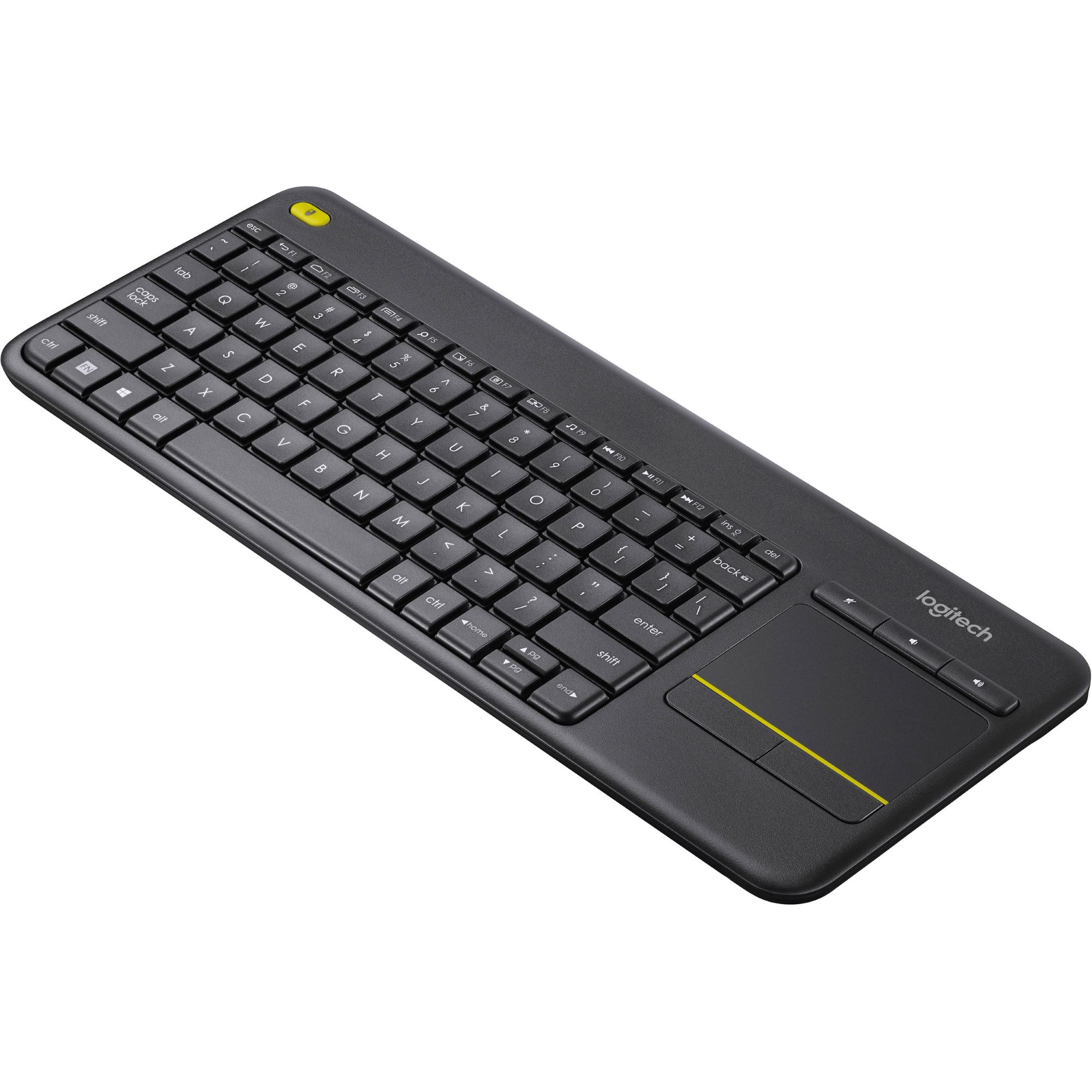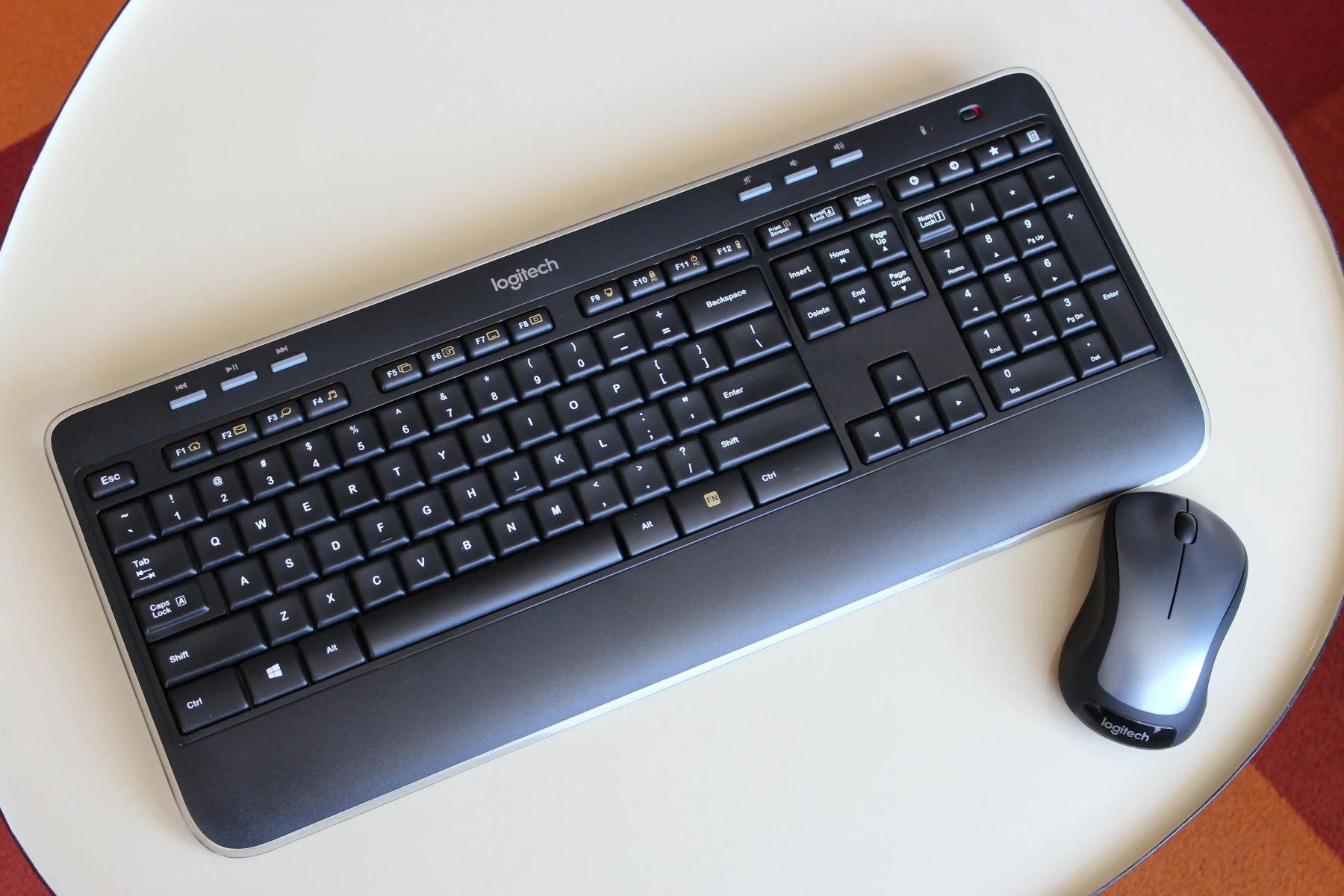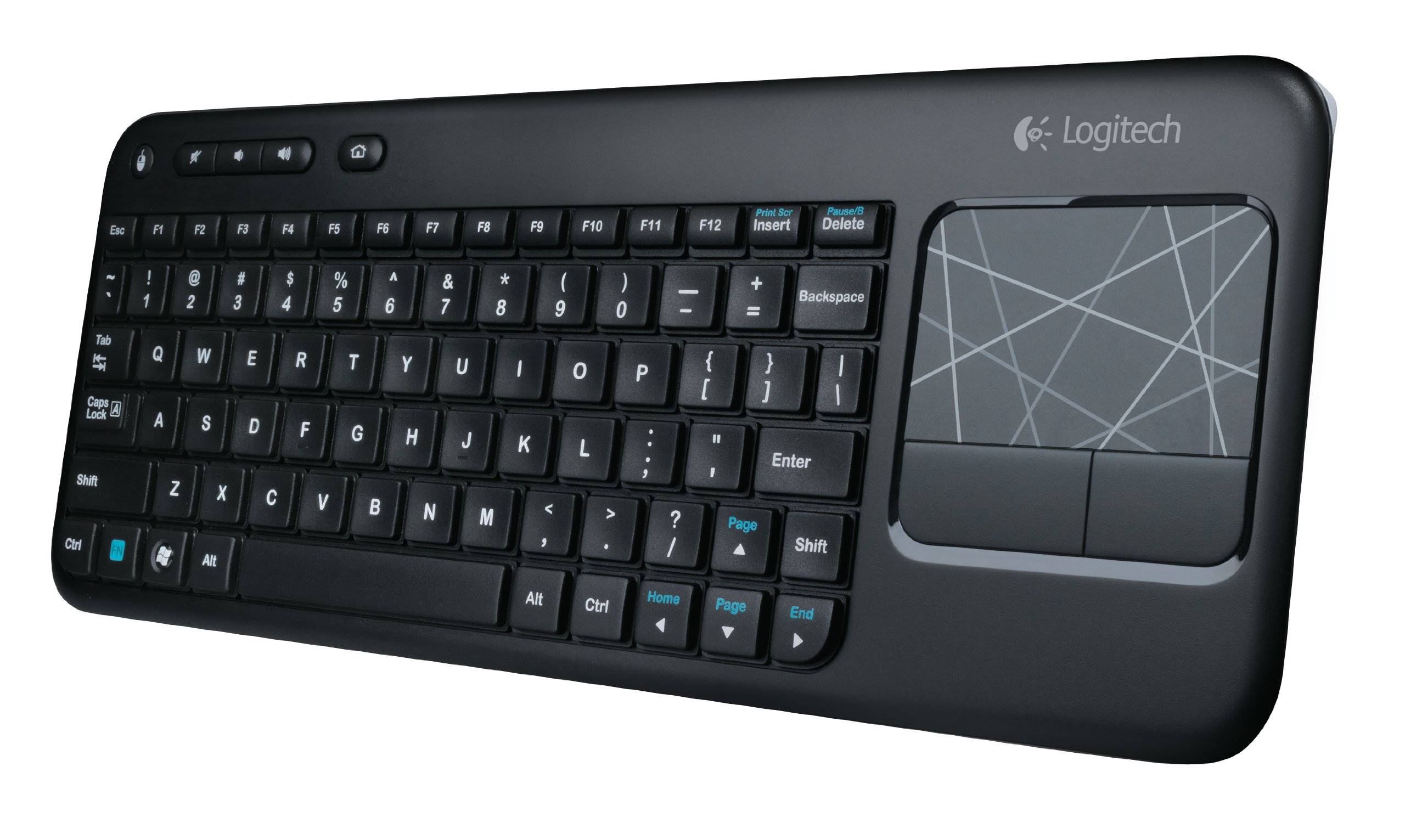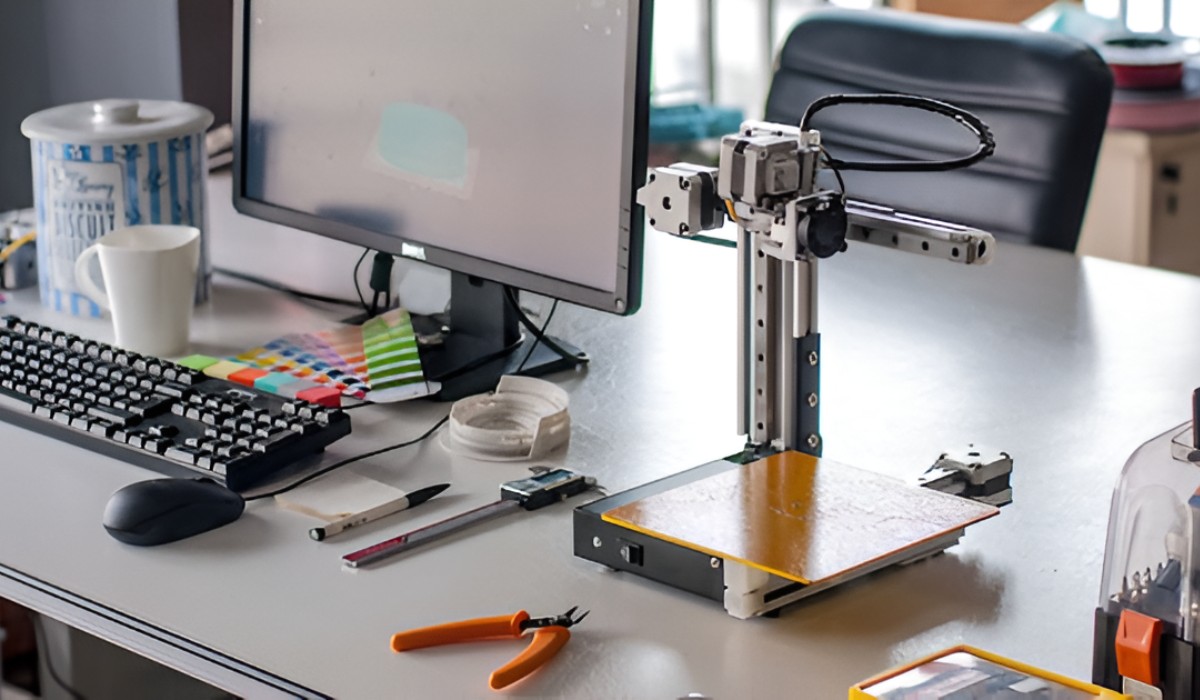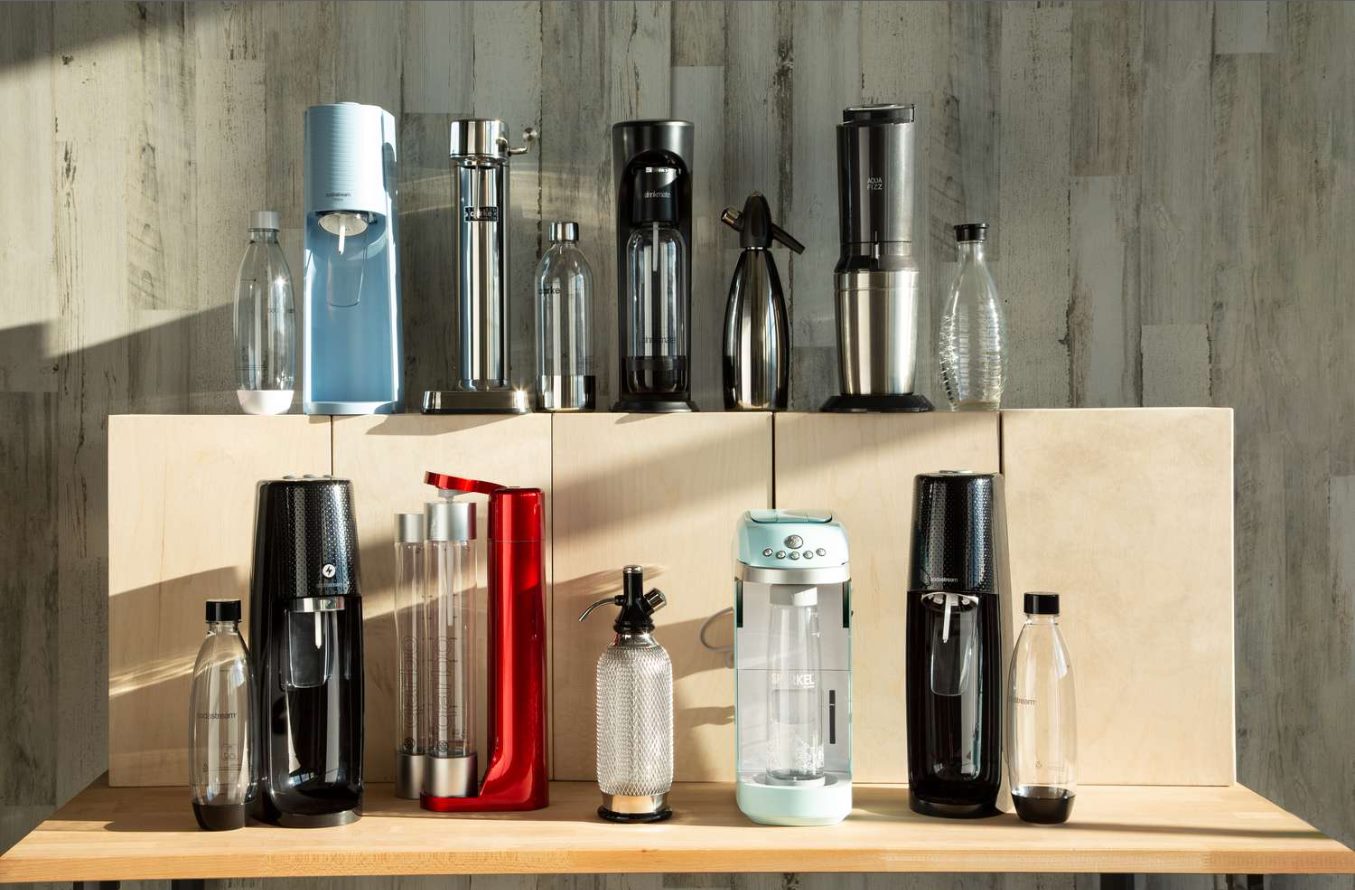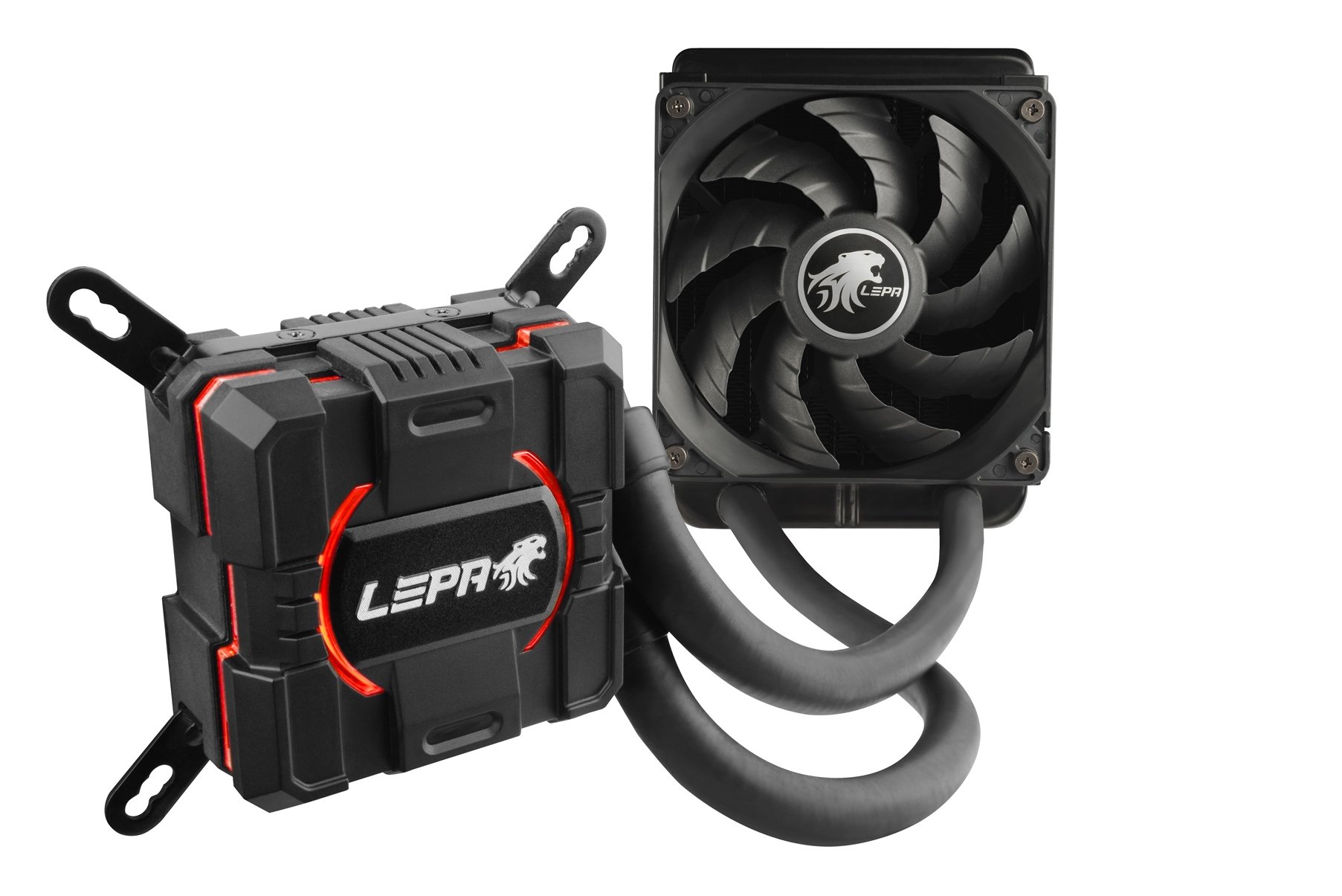AquaLith, a groundbreaking battery cell component manufacturer, is poised to offer a solution to the US battery material shortage problem. With the rapid rise of electric vehicles and the increasing demand for lithium-ion battery packs, the scarcity of metals used in these batteries has become a pressing concern.
Key Takeaway
AquaLith, with an exclusive license from the University of Maryland, is revolutionizing battery technology by creating denser, cheaper, and safer batteries. By eliminating the need for expensive and scarce metals like cobalt, AquaLith’s cobalt-free cathode technology reduces costs by over 50% while maintaining high energy density. Additionally, the company’s use of silicon microparticles in anodes improves energy density by over 40% and reduces costs by more than 75%. With plans to collaborate with automakers and secure funding for future growth, AquaLith aims to address the US battery material shortage and cater to the surging demand for lithium-ion battery packs.
The Growing Market Opportunity
According to McKinsey & Company, the revenue along the lithium-ion battery value chain is projected to surpass $400 billion in 2030, up from $85 billion in 2022. Active materials and cell manufacturing are expected to be key contributors to these revenue pools.
Innovative Technology from AquaLith
AquaLith has obtained an exclusive license from the University of Maryland to develop new battery technologies based on the groundbreaking research of lithium-ion battery experts Chunsheng Wang and Kang Xu. The company aims to create batteries that are denser, cheaper, and safer by transforming the major components of the battery: the negative anode, the positive cathode, and the electrolyte.
Cathodes, which currently account for approximately 40% of the cost of battery materials, are a significant focus for AquaLith. By replacing costly metals like nickel and cobalt with readily available and easily processed alternatives, AquaLith’s cobalt-free cathode technology has the potential to reduce cathode costs by more than 50%. This innovation is particularly appealing to electric vehicle manufacturers, as it helps mitigate concerns associated with China’s dominance in the supply chain of battery components.
AquaLith’s founder and CEO, Greg Cooper, explains, “We have a high energy density cathode that uses simpler materials found anywhere in the world. This eliminates the need for cobalt, which is not widely available and often controlled by Chinese companies. Our cathode achieves high energy density without depending on those materials.”
Another significant advancement by AquaLith is seen in their anodes. Instead of using traditional graphite, AquaLith employs silicon microparticles, resulting in cost reductions of over 75% and an energy density improvement of more than 40%. Competitors, on the other hand, rely on expensive forms of nanosilicon.
To further enhance safety, AquaLith replaces the organic solvent-based electrolyte in traditional batteries with a nonflammable water-based electrolyte. This key modification reduces the risk of fire accidents, especially in scenarios where electric vehicle fleets are present.
Future Plans and Funding Goals
Traditionally, battery cell component manufacturers like AquaLith would sell their products to battery makers. However, AquaLith intends to offer its innovative materials to automakers within the next year. With automakers increasingly venturing into battery production themselves, early integration into their development cycles will allow AquaLith’s materials to be tested and potentially incorporated into future products.
Giving insight into their strategy, Cooper states, “Our initial focus will be on automakers as they establish the key requirements for acceptance into the automotive industry. After engaging with automakers, we will also approach other battery makers.”
Looking ahead, AquaLith plans to secure $5 million in funding by 2023. This funding will be crucial in realizing their vision, with the company aiming to raise a total of $10 million in the following year and $20 million by 2025.









